My American Journey
Domenico, you’ve been in the US for two months, but you are not here to receive an award or promote your books. Instead, this time you are here as a professor at Georgetown University. What prompted you to accept this opportunity?
Curiosity. I always enjoyed teaching, but I never had the opportunity to do it in places other than italy for a stretch of time long enough to allow me to get familiar with institutions, places, and people.
How do you compare your teaching experience in Italy with the current one in the US?
It’s too early to tell. In Italy, when I was teaching, I was mainly concerned with working with the students, that was my main interest. Here, as it usually occurs in a new environment, everything attracts me: the exterior and interior spaces, how they are organized, the cultural initiatives, and student activities. I’m also happy with the way I’ve been received, and with the colleagues I met, they are knowledgeable and very kind.
What’s your impression of the American university system?
I discern a certain rigor, like in a written document. Hazard is reduced, and so is improvisation. And this is a good thing. But I don’t want to make shallow pronouncements, I need more time and more study. When work becomes a routine, it is at that point that you notice problems or difficulties. But, unfortunately, I’ll have to leave before that time.
How do you relate to American students? What is, in your opinion, their main quality and their main weakness in comparison with Italian students?
We have a great relation. They’re cordial, diligent, attentive and eager to speak out and make themselves heard. They want to learn and they work hard. Perhaps they lack a general cultural background, as people of my generation intend it in Italy and in Europe. But as times change, anything can be improved. For sure, they work on the literary text with intelligence and creativity. Obviously, like the Italian students, they’re anxious about grades, and they strive for the highest grade.
For your class you chose a difficult author, Italo Calvino, whose literary world seems to be far away from the American reality of the “millennials.” Why did you choose this author?
Because I’ve always loved him, and because I think he represents both the strength and the small weaknesses of our literary tradition. Furthermore, he is one of the few Italian writers who looked beyond the national borders and tried to get a glimpse of the new millennium, with rigor and imagination at the same time. As for the young, the adults relentlessly churn out new labels to categorize them: generation X, generation Y.
The narrative is the usual one: every generation is completely different from the previous one, if not worse, and it is on a path of collision with the past. If this were true, humankind would have been swept away from the face of our planet. The fact is that, by nature, young people’s traits are constantly changing, and therefore difficult to pinpoint. The young need a large variety of cultural experiences—relevant, dissonant, accessible, complex, arduous, even futile—in order to grow up. Our task is to provide these experiences. Then, it’ll be up to them to choose. It’s wrong to lock them up in the little cage the adult world keeps reinventing every day.
Do you think your students are capable of entering Calvino’s universe and appreciating both its philosophical significance and its literary invention?
I hope so. In any case, I try to offer them a tasting of Calvino’s works. Something—I hope—will stay with them.
Which Italian or foreign writers have been your “teachers”? In other words, who inspired you to become a writer yourself?
It’s always been difficult for me to list my models, because they change according to my mood. When I was young I searched for my way, falling in love now with an author, now with another. I can tell you that at seventeen I was a fan of Franz Kafka, but the previous year I adored Tolstoy, and two years later Joyce seduced me, and then La Capria with Ferito a morte. What’s the connection? I don’t know. Every good book leaves a mark, and in the process one will eventually find his way, or gets lost.
Among the contemporary writers can you point out a “great” one? Or, perhaps it’s no longer a time for “great” writers and literature, like everything else, has been negatively affected by the general cultural leveling.
No, I don’t see any leveling. On the contrary, I see an increase the number of quality books. For example, the average level in Italy rose, and this may prevent us to spot a peak, the so-called “greatness.” Time will tell. Like it happened with the writer generation of the thirties. Their names vividly jump to mind: Roth, DeLillo, Munro, Atwood and so on. For the others we must wait. Meanwhile, the young, especially, should not get discouraged, but keep working and publishing.
If you were to give a book award to a living Italian writer, man or woman, whom would you pick and why?
Many of my friends, men and women, are good writers whom I’ve been following for years and for whom I have high regard and affection. It would be difficult for me to give an award to this rather than that. But I want to name a writer who I don’t know personally, and yet I’ve been reading his books with pleasure because they are outside the box. I’m referring to Michele Mari.
Did your contact with American society suggest you a theme for your next novel?
No, no. To write about a country, one must have a deep knowledge of its language, history and society. Luciano Bianciardi, one of our great writers of the second half of the XXth century and author of La vita agra, used to cite this example: a friend of his from the town of Cecina, who was also a writer, came back from a trip to China but did not start writing about the Chinese. Very wisely, he continued to write about the Cecinese. My brief American stay will certainly remain an important experience. But I won’t presume to be writing about it. I’ll be as wise as my friend Bianciardi.
We cannot finish this conversation without mentioning your latest novel fresh from the press, Scherzetto. Here too we see a teaching/ learning process, but in a very peculiar situation. Can you tell us something about it?
It’s the story of a seventy-plus grandfather and his only grandson, a four-year-old. They do not know each other, but because of a series of events they’re forced to spend four days together, alone. The result is a violent clash between a feeble life, fading out but still reluctant to retreat, and a new life, impulsive and impudent, which will inevitably replace it.
In this book there’s also an American theme that jumps out. The main character is an illustrator who works on a new edition of Henry James, a ghost story in an old New York apartment. Why did you choose this subtext?
Yes, the story is “The Jolly Corner.” I’ve always loved it. At times I thought of translating it into Italian, not for lack of good translations, but in order to internalize it completely. I do read English (I don’t speak it, I couldn’t, I have no talent for languages), but not well enough to tackle a translation of James. And so, the story stayed in my head for decades like a stimulus, and from time to time it resurfaced. Finally, I decided to cite it in this short novel, Scherzetto. Ironically, it was here in Washington, while preparing for my class, that I found out that Calvino in an interview referred to “The Jolly Corner” as the ultimate story he wished he had written. I said “ironically” because in the past I thought that his story “La speculazione edilizia,” certainly not a ghost story, had something in common with “The Jolly Corner.” To write also involves the deliberate or spontaneous sneaking into our texts of the texts we love.
When will the translation of Scherzetto come out for the American readers?
I think it will come out in the fall of 2017. And in the spring my previous novel Lacci will come out in the translation of Jhumpa Lahiri.
Domenico Starnone was born in Naples in 1943 and now lives in Rome. He is the author of eight novels, and numerous books of non- ction. In 2001, he was the recipient of Italy’s most prestigious literary prize, the Strega. His new book Lacci will be published in English as Ties by Europa Editions in the Spring 2017. Translated and with an introduction by Jhumpa Lahiri.
For information about the book >>>
* Anna Lawton has earned her PhD in Russian Literature at UCLA. She has worked both in academia and in government. As a professor at Purdue University and later Georgetown University, she taught courses in literature, cinema and visual culture. She also worked for USIA at the American Embassy in Moscow as the Deputy Director of Public Information and Media Outreach and the editor-in-chief of the magazine Connections, and at the World Bank in Washington, DC, as the managing editor of the magazine Development Outreach.
She published three scholarly books and numerous scholarly essays and book chapters. She has received several awards, including the CHOICE Award as Outstanding Academic Title 2005 for her book, Imaging Russia 2000: Film and Facts. Her first novel, Album di famiglia, was published in Italy and is now being translated into English. Her second novel, Amy’s Story, will come out in March 2017.
In 2003, she founded the publishing house New Academia Publishing, which is today a successful enterprise.






























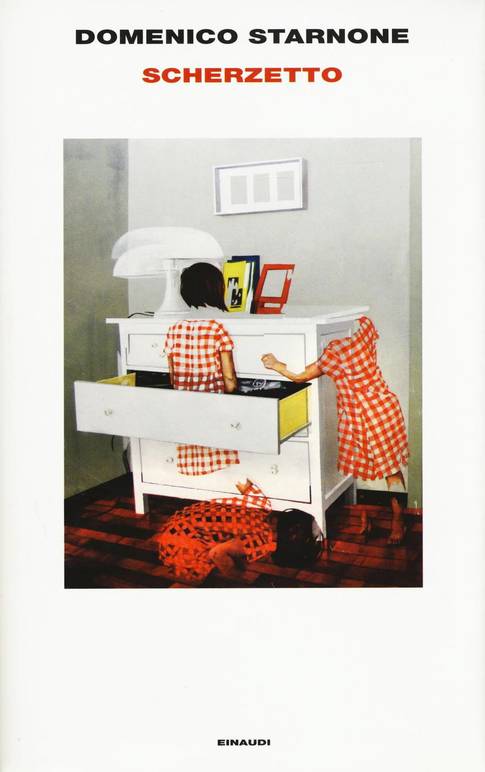
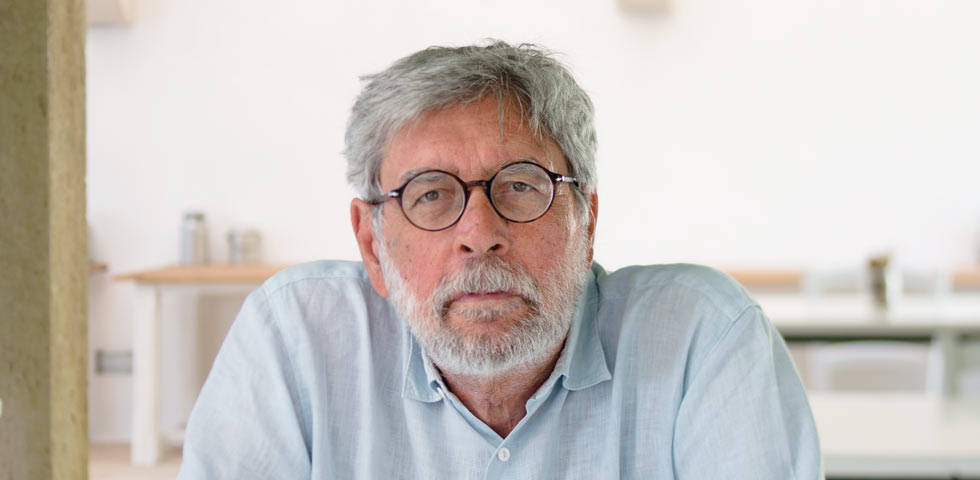
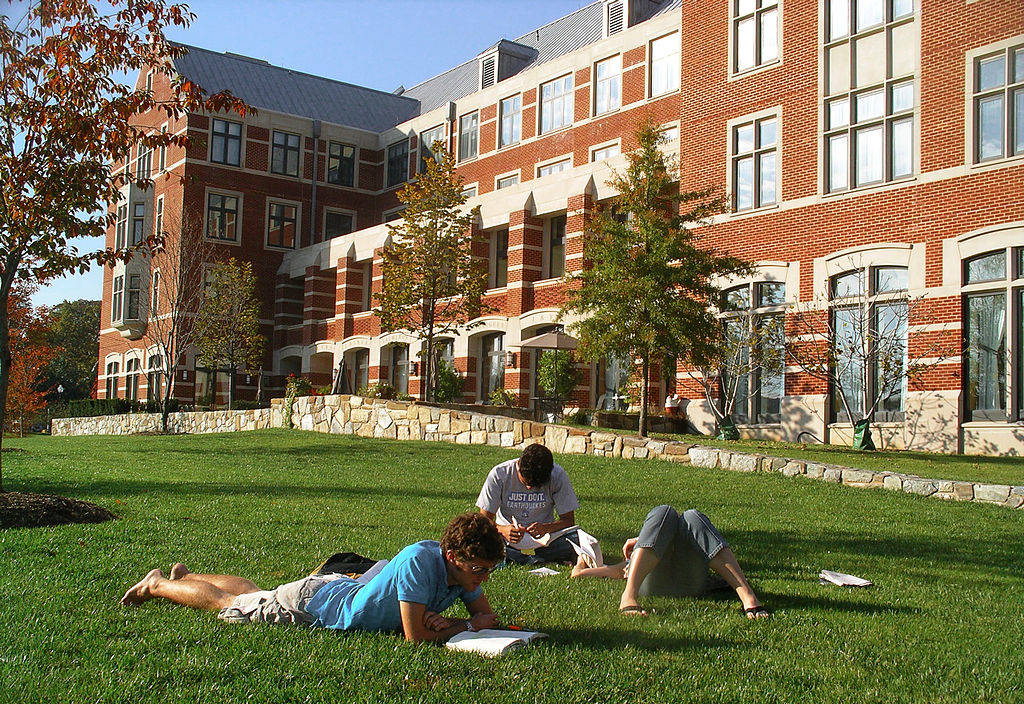
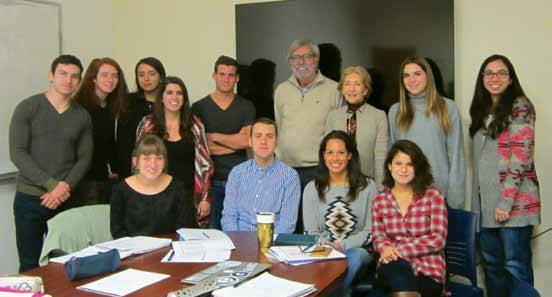
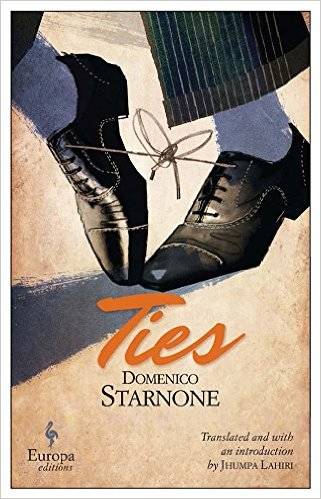



i-Italy
Facebook
Google+
This work may not be reproduced, in whole or in part, without prior written permission.
Questo lavoro non può essere riprodotto, in tutto o in parte, senza permesso scritto.